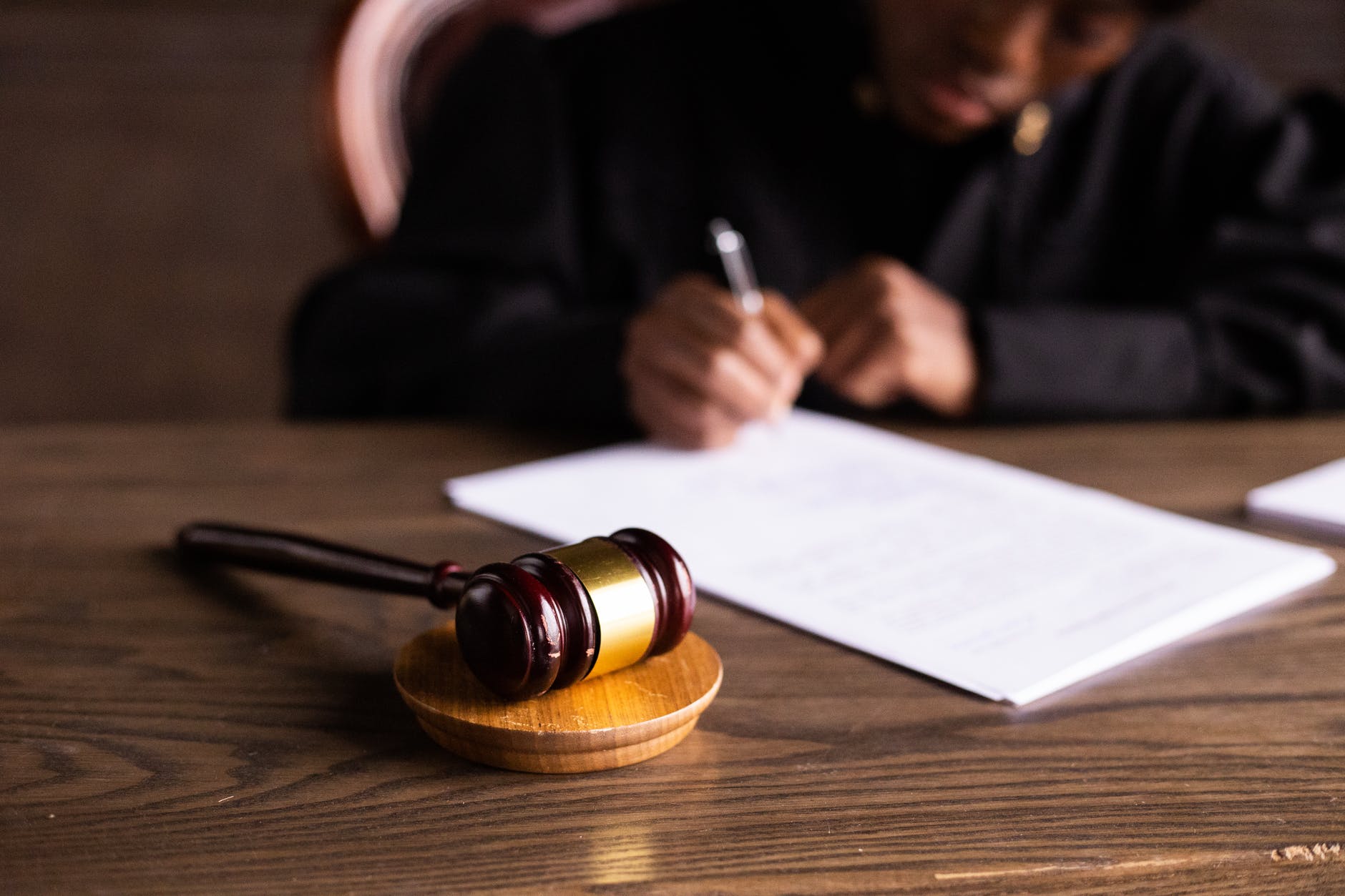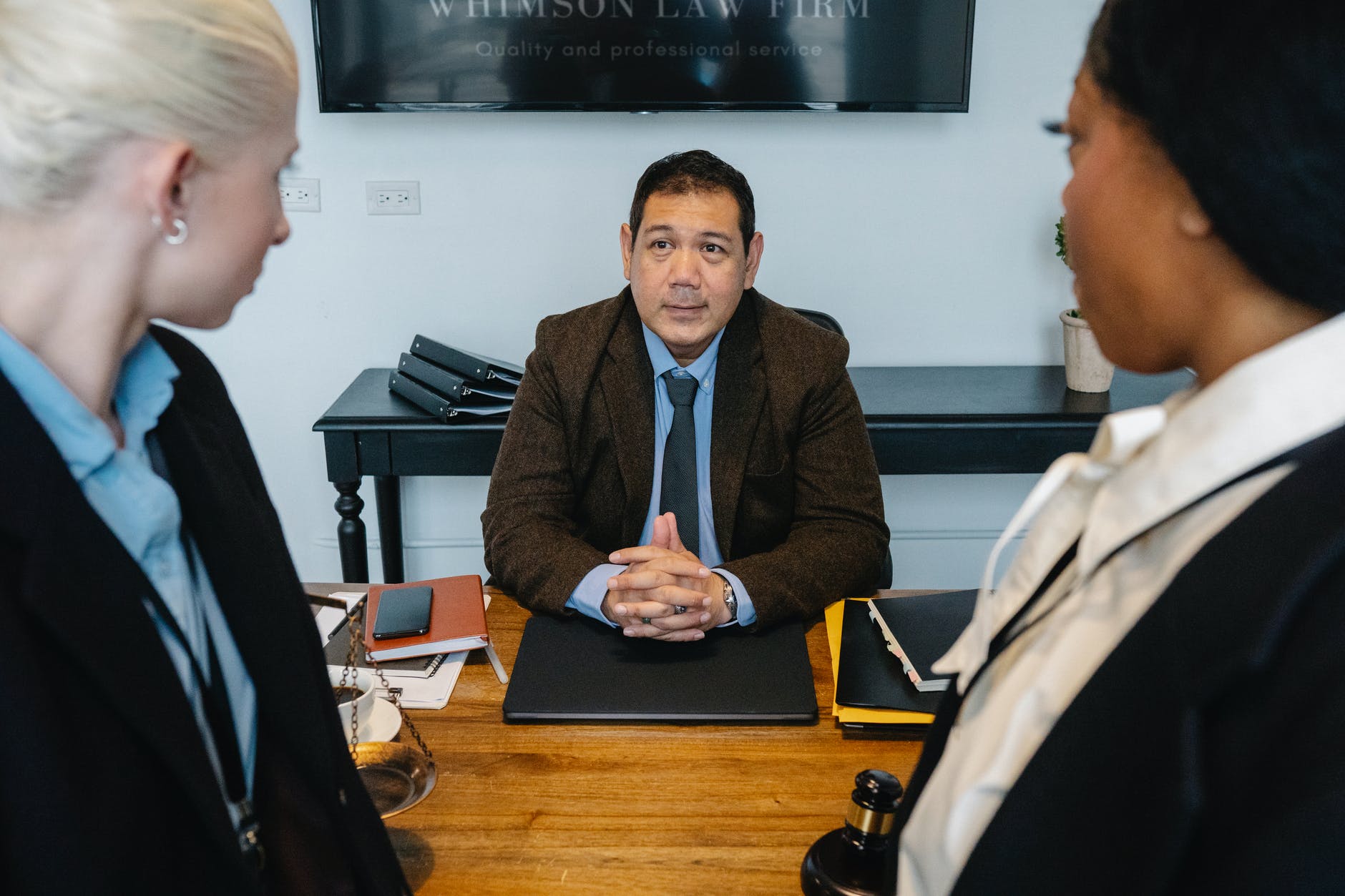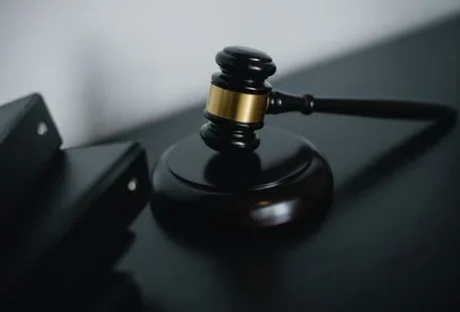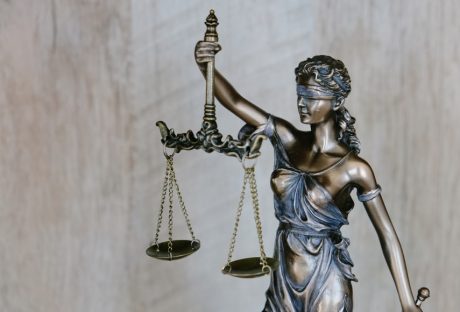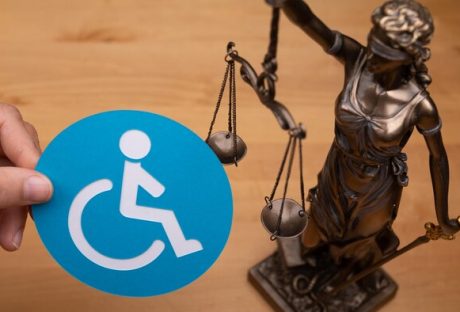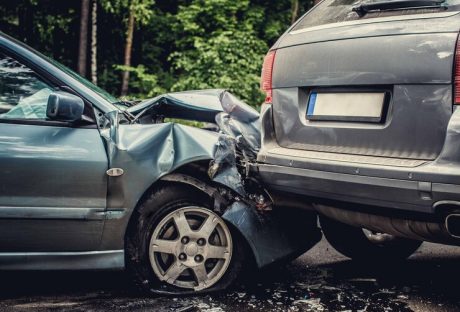Most of the filed personal injury claims in Ann Arbor are based on accidents that lead to injuries and other property damages. These are personal injury lawsuits whereby the accident victims seek compensation for the injuries suffered.
They include car accidents, workplace accidents, slip, and fall accidents, medical malpractice, workplace accidents, etc.
A personal injury lawsuit can be complicated, especially since you have to gather all the necessary evidence to prove negligence. That is why it is good to understand these claims and how they work to increase your chances of success. Here are some of the things to know.
1. A personal injury does not equate to an actionable claim
Just because you were hurt or injured in an accident doesn’t mean you have an actionable personal injury claim. There must be a legal basis that holds the defendant accountable, and the basis for most personal injury claims is negligence.
To prove negligence in the lawsuit, you must establish that the negligent party owed you an obligation or duty of care.
From there, you must also demonstrate that the defendant breached the duty of care, causing you injuries that would not have resulted if they had been careful or acted reasonably.
For instance, a store owner may have failed to take the right precautions to ensure a safe environment for their customers. An experienced Ann Arbor personal injury attorney can help you determine whether you have a valid personal injury claim or not.
2. Personal injury claims often involve insurance companies
Most personal injury claims, such as auto accident claims, slip, and fall, work accidents, medical malpractice, etc., involve an insurance company. That means you may have to deal with an insurance adjuster as they investigate the circumstances of the accident to decide a settlement amount.
The settlement amount insurance companies offer is not always fair because they want to limit the company’s financial exposure. But engaging a personal injury attorney can protect your rights and interests.
3. You can pursue a claim even if you are partially at fault
Many states, including Michigan, acknowledge a comparative negligence model whereby the compensation of damages is reduced proportionately to the claimant’s negligence.
That means you can file a personal injury claim even if you are partially to blame for the accident, and the amount recovered can be reduced according to the fault you carry for the accident.
4. Many personal injury claims settle
Many insurance companies are keen on ensuring that the personal injury lawsuit doesn’t get to court, and therefore many of the claims settle out of court.
As a claimant, your personal injury lawyer can negotiate with the insurance company for a settlement amount, and you decide whether or not to accept it. If you feel that the settlement amount is unfair, it is wise to go to court.
5. Experience of the lawyer matters
Personal injury claims can be complicated, so it is crucial to engage an experienced and knowledgeable personal injury attorney in an arbor. You need to ensure the personal injury attorney has the experience to pursue the claim and get you the maximum compensation possible.
Read Also:
- Frequently Asked Questions about Personal Injury Cases
- An Introduction to Long-Term Disability Claims
- Learn How Personal Injury Claims Are Resolved in 5 Steps
- Few Reasons Why You Deserve To Hire A Personal Injury Lawyer
- Top 5 Colorado Springs Personal Injury Attorneys
- Florida Car Accident Lawyer: The Ultimate Approach to Winning Car Accident Cases













